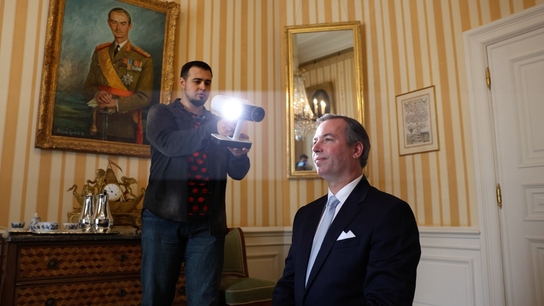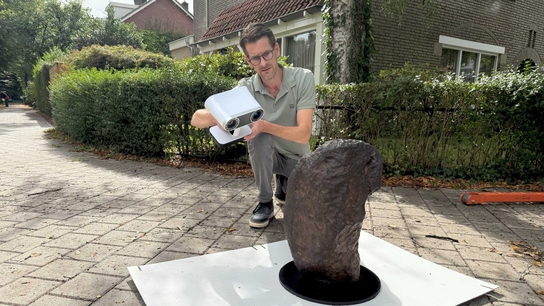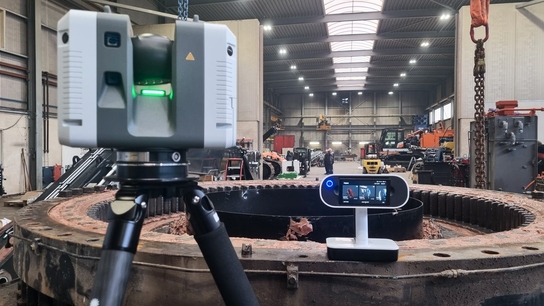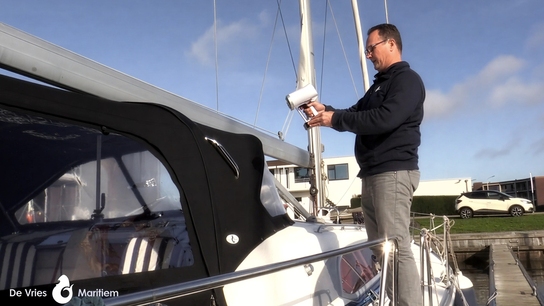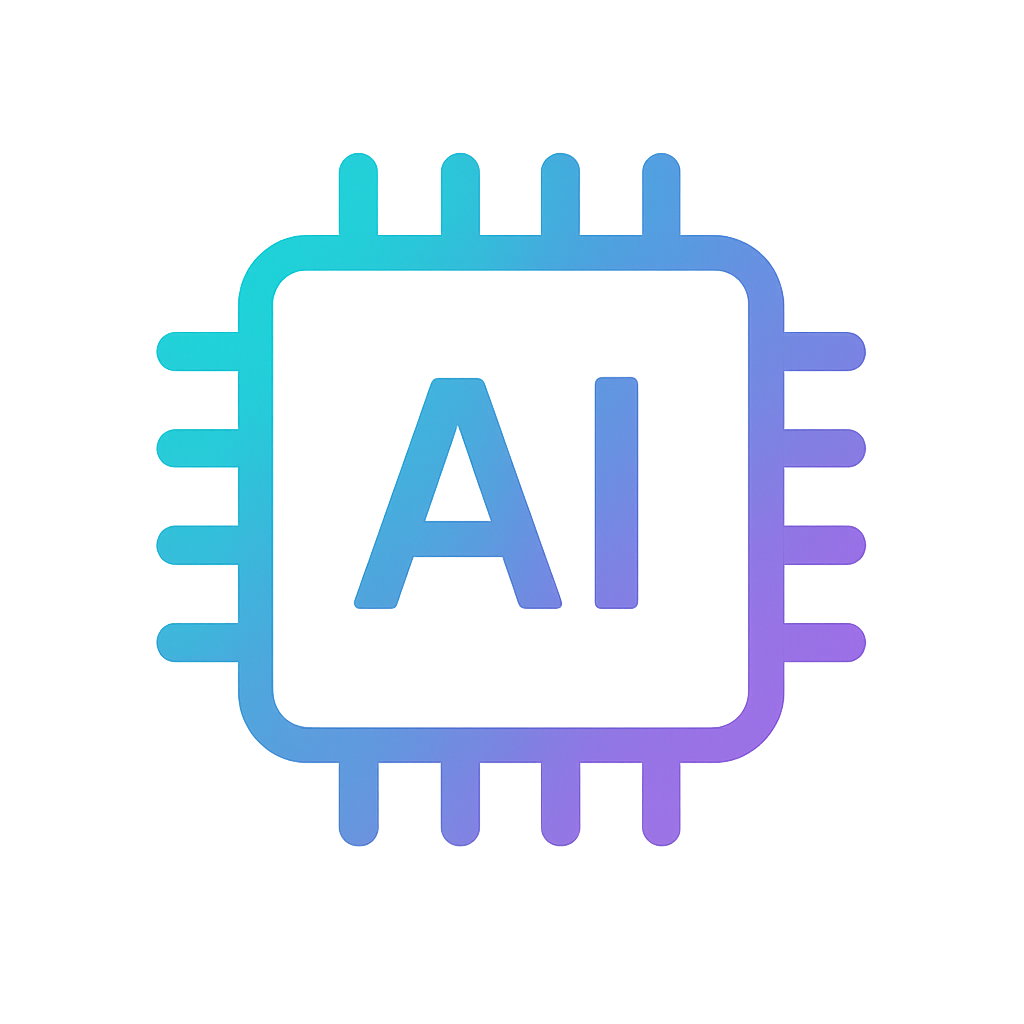3D scanning with Artec Eva Lite for designing bespoke bras that fit perfectly
Challenge: Most women wear bras every day, but having to choose between comfort, support, and aesthetics is a challenge most face just as regularly.
Solution: Artec Eva, Artec Studio
Results: Each woman is 3D scanned for her measurements, after which the ultimate customized bra is created for her.
Too tight around the back, a front that doesn’t stay in place, straps that slide off the shoulders, or an underwire that jabs into your skin? If you’re a woman, you undoubtedly know at least one (if not all) of the aforementioned annoyances. As accustomed as modern women are to hoisting up poorly fitting bras or adjusting their straps for the x-th time today, designer Lidewij Vera Arí van Twillert thought they could do better.

3D body scans are made for complete customization. [Image from Ari van Twillert]
What if a woman could wear a specially-made custom bra designed to fit her exact curves, straps measured for her shoulders, in a design of her choice, and a style to match her individual comfort and preferences?
“I have always been fascinated by fashion, and while studying to become an engineer, I decided to combine my passion for technology and design,” says designer Lidewij van Twillert. “The technology of 3D scanning inspired me to create the ultimate custom fit bra.”
Such a customized item requires incredibly specific measurements, and here’s where Artec Eva Lite comes in. The budget version of Artec 3D’s best-selling Eva, the Eva Lite has the same accuracy specs, yet with reduced functionality. This affordable scanner can provide high-quality and textureless 3D scans when scanning geometrically-rich objects, which makes it perfect for scanning the human body.
“Eva Lite does the job well, since (most of the time) the human body has a lot of geometry where it is easy for the Eva Lite to piece together individual 3D pictures like a puzzle into one beautiful 3D body scan,” says Edwin Rappard from Artec Ambassador 4C Creative CAD CAM Consultants.
“What also is important to mention here is that – with the comfort of the customer in mind – these measurements take place without the need to physically touch the client.”

The data is processed in Artec Studio.
The company finds its roots in Delft University of Technology, where van Twillert was enrolled. “I wanted to graduate with a project in which my vision of form and function being one would become reality,” van Twillert says. “With bras, form and function are not one; they are either comfortable or beautiful.”
After graduating in 2015 with the design of a bra that was comfortable, supportive, and beautiful, the designer decided to start her company, Ari van Twillert.

Pieces from the custom ‘Water Drift’ range. [Image from Ari van Twillert]
All in all, the entire process is designed around the individual. From scanning to completion, it takes from six to 12 weeks, which includes up to three fittings. The workflow essentially consists of three parts: Scanning, design selection, and fitting.
To start, each customer is invited to the studio, where options for the design of their bra are discussed over coffee. Following this, the scanning with Eva Lite is done. “After I made up my mind regarding the type of fabric and model, every step of the scanning process was explained,” says Roos, an Ari van Twillert customer.
“I could even take a look on the screen and see my own 3D scanned body!”
A key element of the custom bra is the company’s patented curvearis – an alternative to the notoriously uncomfortable underwire, and a new kind of custom fit, 3D-printed breast support which forms the technical blueprint for your bra. 3D scanning is essential to creating this: “Making a custom fit curvearis without a 3D scan is not possible, as the curvearis follows your curves precisely and uses 3D information from your body,” van Twillert says. “I program the curvearis onto the 3D model of the customer’s body, and derive the sewing patterns from the scan with my own algorithms.”
After customizing the curvearis and sewing patterns, the fabric will be cut, and a test print of the curvearis is made using an Ultimaker 3D printer.

The curvearis is modeled according to the data obtained during scanning. [Image from Ari van Twillert]
From here, a toile bra is sewn for fitting. Adjustments are made if necessary, and once it fits perfectly, the 3D file will be sent to Shapeways, the company’s 3D printing provider. The actual bra will then be made and sent to the customer.
“It feels soft and fits perfectly to my body,” says Roos, who now uses her customized bra regularly. “No pressure points or rubbing against my skin, which I usually experience during the day while wearing regular bras.”
While the business is already flourishing, it’s really just beginning. Van Twilert has already launched herself into new plans and designs. For starters, a similarly customized contour bustier she has made.
“I have some ideas for new collections following up on making personal-fit garments that have personal aesthetics too,” van Twillert says.
“No body is the same,” says Rappard, “and having individually created products that fit your body like a glove, and without the need to have a stranger ‘all over your body’ is great!”
Scanners behind the story
Try out the world's leading handheld 3D scanners.

